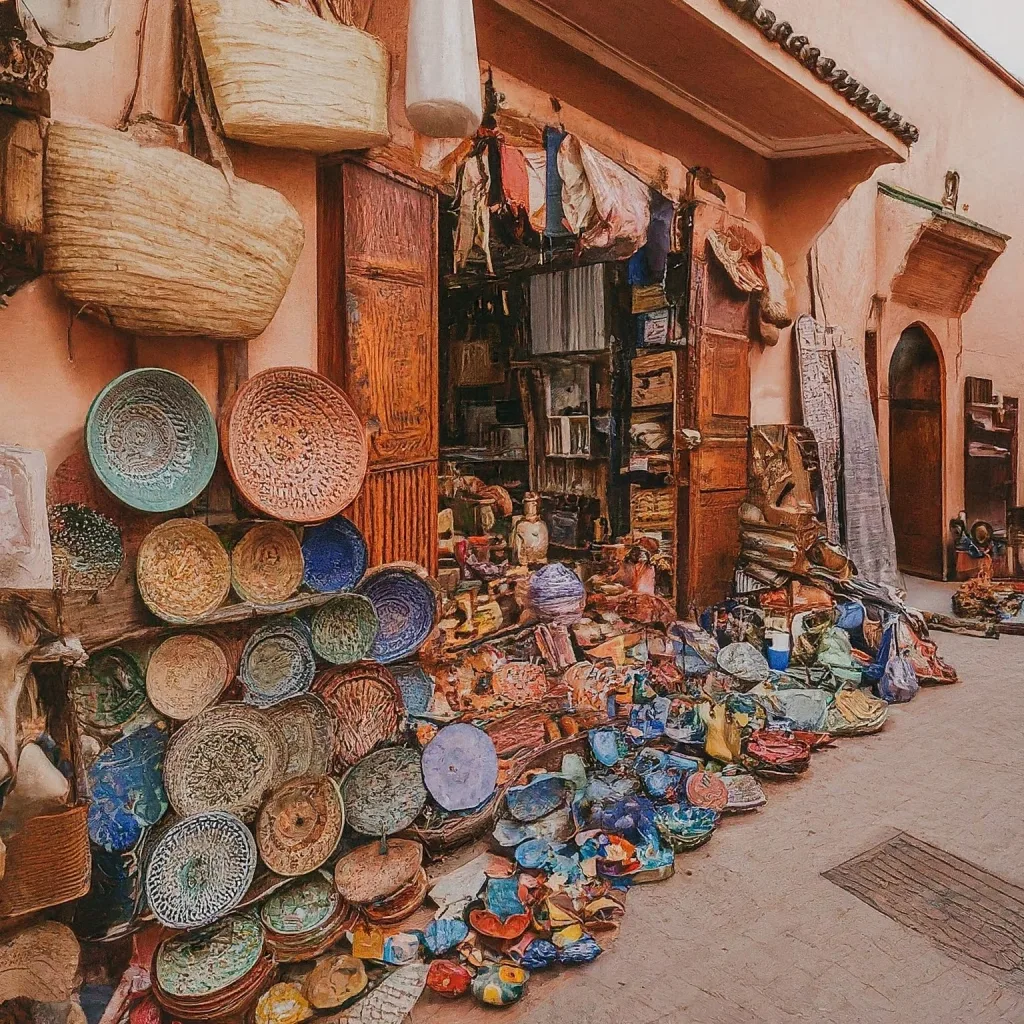Morocco’s captivating landscapes, rich cultural heritage, and vibrant cities have captivated travelers for centuries. From the majestic Atlas Mountains to the sprawling Sahara Desert, the North African kingdom offers an unforgettable experience for every visitor. However, with the rise in tourism comes the responsibility to travel sustainably, ensuring the preservation of Morocco’s natural beauty and cultural treasures for future generations.
This blog post equips you with practical tips for planning and enjoying an eco-friendly trip to Morocco. By embracing sustainable travel practices, you can contribute to a thriving tourism industry that benefits both local communities and the environment.
Keywords: Sustainable Tourism Morocco, Eco-Friendly Travel Morocco, Responsible Tourism Tips, Sustainable Transportation Morocco, Cultural Sensitivity Morocco
Travel Green: Embracing Eco-Friendly Transportation
Choosing the right mode of transportation is a critical step in sustainable tourism. Here’s how you can minimize your environmental impact while traveling in Morocco:
- Train Travel: Morocco boasts an extensive and efficient train network connecting major cities. Opting for train travel significantly reduces your carbon footprint compared to air travel. Additionally, train journeys offer scenic views, allowing you to experience the Moroccan landscape firsthand.
- Public Transportation: Utilize local buses, trams, or taxis within cities. This not only reduces your carbon footprint but also immerses you in the local culture and provides a chance to interact with Moroccan people.
- Carpooling and Rentals: If traveling by car is necessary, consider carpooling with other travelers or renting a fuel-efficient vehicle. Opt for eco-friendly car rental companies that prioritize sustainable practices.
- Cycling and Walking: Explore smaller towns and villages by bicycle or on foot. This not only allows you to appreciate the local environment at a slower pace but also promotes healthy living.
Supporting Local Communities: Empowering Through Sustainable Practices
Your travel choices can significantly impact local communities in Morocco. Here’s how to ensure your trip benefits local economies and cultural practices:
- Stay Local: Choose locally-owned riads (traditional Moroccan guesthouses) or eco-lodges for accommodation. These establishments often prioritize sustainable practices and employ local staff, directly injecting your tourist dollars back into the community.
- Support Local Businesses: Dine at local restaurants that source ingredients from regional farms. Shop for souvenirs at traditional souks (markets) from local artisans, promoting cultural heritage and supporting small businesses.
- Choose Responsible Tours: Opt for tour operators committed to sustainable practices. Look for tours that minimize environmental impact, respect local cultures, and support community-based tourism initiatives.
Cultural Sensitivity: Traveling with Respect
Morocco’s cultural heritage is an integral part of its charm. Here’s how to be a respectful traveler and contribute to cultural preservation:
- Dress Modestly: While Morocco is becoming more modern, dressing modestly, especially outside major tourist hubs, shows respect for local customs and traditions. Research appropriate attire for men and women before your trip.
- Respect Religious Sites: Be mindful of proper behavior when visiting mosques or other religious sites. Dress modestly, maintain silence, and avoid taking photographs without permission.
- Learn Basic Phrases: A few basic greetings in Arabic (Darija dialect) go a long way in showing respect and appreciation for the local culture.
Minimizing Your Environmental Impact: Responsible Practices for Eco-Travelers
Small actions can have a significant impact on the environment. Here’s how to be a responsible traveler in Morocco:
- Reduce Waste: Carry a reusable water bottle and avoid single-use plastics. Minimize waste generation by using refillable containers and disposing of waste properly.
- Conserve Water: Showering instead of bathing and being mindful of water usage in hotels can significantly reduce water consumption.
- Respect Wildlife: Observe wildlife from a safe distance and avoid actions that might disturb their natural habitat.
- Support Conservation Efforts: Consider participating in voluntourism opportunities or donating to organizations dedicated to preserving Morocco’s natural environment.
Conclusion:
By embracing sustainable travel practices, you can become a force for positive change in Morocco. From minimizing your environmental footprint to supporting local communities, your responsible travel choices ensure the continued beauty and cultural richness of this captivating country. Let’s explore Morocco together with a conscience, ensuring a thriving tourism industry for generations to come.
Here is another article that you might find inspiring.

